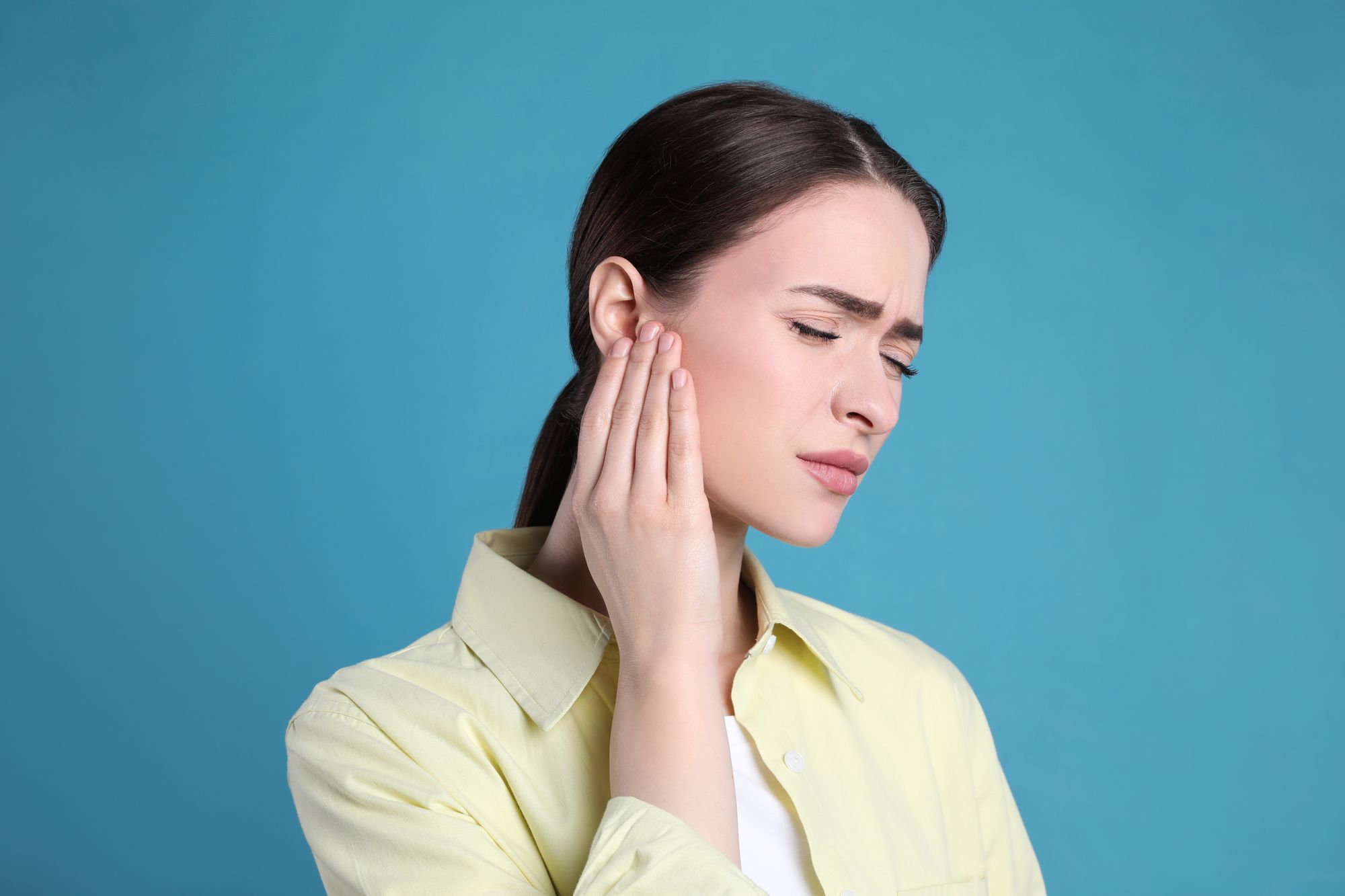Ashton Kutcher, 45, recently shared his struggles with hearing loss caused by a rare autoimmune disease that he battled. "I'm hard of hearing in one ear and I can only hear in the other," he revealed, making it difficult for him to navigate red carpet events. "I don't know who's yelling my name but I know there's a lot of people yelling, 'Reese! Ashton! Over here! Look this way!' And at a certain point you're like, God this is really something."
Kutcher previously revealed that the disease left him bedridden and caused him to lose his vision, hearing, and balance. "It took me about a year to build it all back up," he said. "You don't really appreciate it until it's gone. Until you go, 'I don't know if I'm ever going to be able to see again, I don't know if I'm ever going to be able to hear again, I don't know if I'm ever going to be able to walk again.' I'm lucky to be alive." Despite the challenges he's faced, Kutcher remains grateful for his recovery and his continued ability to work in the entertainment industry.
Vasculitis is an autoimmune disorder that causes inflammation of blood vessels, leading to their narrowing and restricting the supply of oxygenated blood. This results in pain, tissue damage, and possible organ malfunction. According to the Johns Hopkins Vasculitis Center, people with vasculitis often experience fevers, weight loss, fatigue, a rapid pulse, and diffuse aches and pains that are hard to pinpoint. The center also notes that vasculitis is often referred to as a "hurting disease" due to the prevalence of pain from various sources, such as nerve infarction, insufficient blood to the gastrointestinal tract, and skin ulcers.
While hearing loss can be caused by a variety of factors, recognizing the warning signs is critical for effective treatment. Here are five indications to be mindful of, as recommended by experts.
Struggling to Comprehend Speech: Understanding the Challenge

Difficulty understanding speech, particularly consonants, is often an early indicator of hearing loss. "When you lose enough hair cells, it starts to affect your hearing," explains Sujana Chandrasekhar, MD, a partner at ENT and Allergy Associates in New York and New Jersey. Men typically experience hearing loss beginning in their mid-50s, while women, who may receive some protection from female hormones, tend to be affected in their early to mid-60s.
A warning sign of hearing loss is the inability to hear high-frequency sounds, notes Dr. Chandrasekhar. "When you can hear vowels but not consonants, it sounds like people aren't speaking clearly, so it's easy to blame them." This difficulty extends to phone conversations, where sound is only transmitted to one ear, which can make it more challenging to follow the conversation, particularly if the phone is held to the ear with greater hearing loss.
Memory Issues

Short-term memory issues can be another symptom of hearing loss. According to Angela Shoup, a professor in the Department of Otolaryngology and chief of the Division of Communicative and Vestibular Disorders at the University of Texas Southwestern Medical Center in Dallas, "It's challenging to recall things that you haven't heard clearly. When you struggle to comprehend what someone is saying, it places a burden on your short-term memory. Our minds naturally group information together to facilitate recall. However, people with hearing loss miss many sounds, so they must hold onto these disparate fragments in their short-term memory until they can piece them together to comprehend a sentence."
When TV Volume Becomes a Problem

The need for high volume on the TV can indicate hearing loss. Dr. Hilary Steele, Au.D., states, "Whether you're watching TV, listening to music, or talking on the phone, you may assume the noise level is normal until others inform you that the volume is too high. While some people may have more sensitive hearing, if multiple people indicate the same thing in various situations, it's likely that you're experiencing difficulty hearing. If your loved ones, friends, and colleagues mention that you speak loudly and your television and music habits mirror this, it may be time for a hearing assessment."
When struggling to follow a conversation in a crowd or when the TV is on and someone tries to talk to you, it could be a warning sign of hearing loss. Dr. Steele explains, "Difficulty following a conversation in a noisy environment is one of the first indications of hearing loss. If you frequently struggle to differentiate between speakers in a loud setting, you may be in the early stages of hearing loss."
Signs of Tinnitus: Do You Experience These Symptoms?

Experts note that tinnitus and hearing loss are often connected. Dr. Steele explains, "While tinnitus is not always a symptom of hearing loss, the two frequently co-occur, particularly when noise damage causes hearing loss. If you experience ringing in your ears, it's important to have it assessed by a hearing care professional. It's also an excellent opportunity to undergo a hearing evaluation, just in case both conditions are present."
Audiology researcher Gayla Poling, PhD, notes that 90% of individuals with tinnitus also have hearing loss. "The hair cells in our inner ear are incredibly delicate structures. That's what becomes damaged with noise exposure," she explains.
Loss Of Balance

Our hearing and balance are intrinsically linked, so experiencing unexplained clumsiness or loss of balance could be a sign of hearing loss. "Your hearing health plays a crucial role in your overall well-being," explains Dr. Meryl Miller, Au.D., Director of Clinical Audiology at the Ear, Nose & Throat Institute. "Balance is one of the many areas that your hearing health impacts. According to a study by Johns Hopkins, individuals aged 40-69 with mild hearing loss were three times more likely to report falling within the past year, and this risk increased with poorer hearing."
"When treating individuals with balance disorders, a primary focus of physical therapy is to stimulate their visual system, muscular system, and the balance system within their inner ear," says Jose Crespo, PT. "These three systems provide the brain with simultaneous sources of information, enabling the body to remain stable and control itself without experiencing disorientation, dizziness, or nausea. If any one of these systems is weak, even minor challenges can result in significant balance reactions."

